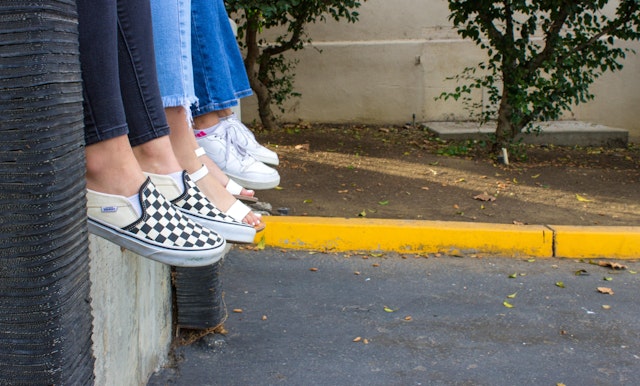Children of modern slavery victims
Very little is known about the children of modern slavery victims and the intergenerational impact of the trauma they and their mothers have been through. To help fill the knowledge gap, London-based charity Hestia commissioned research into the needs and experiences of mothers who are survivors of modern slavery and the potential impact of their trafficking experiences on their children. The report ‘Forgotten Children’ outlines the deep and lasting impact on the lives of these children.
The Hestia researchers observed that some children of modern slavery victims were forced into premature responsibility or became hyper-vigilant to their mother’s needs as a reaction to the challenging circumstances they were living in. Several women told researchers that if they got sad their children would sense it and get upset. If they cried the child would cry too, or if they were experiencing low mood the child would try to protect them by bringing a book or some other comforter.
Low self-esteem was common, often affecting both mother and child. For example, the daughter of one survivor was no longer speaking at school following a period where her mother experienced low self-esteem. Many of the women faced difficulties in setting boundaries and managing the behaviour of their children, especially as they got older. A member of the Hestia Modern Slavery Response Team explains: “The children push at the boundaries, but the mothers feel guilty if they say no.” Several children were being investigated or supported for developmental delay, particularly speech delay. Other health needs of children included autism, eating difficulties and low self-esteem.
Older children had either been direct victims of violence and abuse by the traffickers or witnessed their mothers being hurt.








